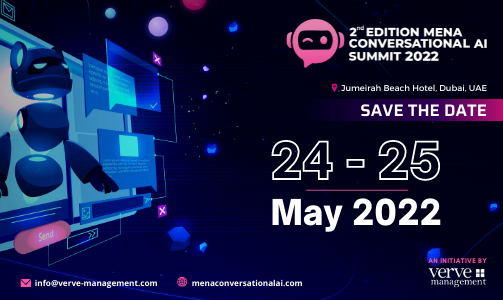April 08, 2025
Fear of an AI planet, the countries terrified of job losses

The rise of artificial intelligence (AI) has seen workers’ general opinion rapidly shift from curiosity to fear in a few short years. AI has gone from being viewed as a bad PA or writer to a cure-all for many types of business problems. And an innovator for those traditionally lacking the skills to solve their day-to-day business problems.
That leaves those who used to solve problems, writers, analysts, designers and troubleshooters all viewing it with greater concern as it rapidly becomes better and smarter. And as smart business tools adopt and embed intelligence, they become a business mentor and coach. That threatens consultants, management and higher roles as companies achieve greater levels of activity with fewer staff.
As such, it comes as no surprise that the country with the most to lose, the United States, is rated as the most AI-anxious country, according to research.
AI anxiety adds to technofear
A recent study by ZeroBounce ranked countries most anxious about AI. That’s based on their searches around the subject for AI job losses and the dangers it poses. The research analysed search volume data alongside positive AI sentiment percentages across major economies. The AI Anxiety Score combines search volumes for terms indicating concern about artificial intelligence replacing human workers with inverse positive sentiment measurements. Higher scores indicate greater population concern about AI’s impact on employment.
The United States rates as the most AI-anxious country, with the highest number of searches for “AI job loss.” The United Kingdom is the 3rd most AI-anxious country, characterised by low positive sentiment at just 55%. British searches for AI job loss reached 120K.
Ubiquitous intelligence and a poor business outlook will stimulate fear
Mexico shows that a strong positive sentiment (75%) toward AI doesn’t always ease anxiety. Workers remain uncertain about their job security, putting it in second place. And, North American countries show significantly higher anxiety levels than European nations. That suggests cultural or economic factors beyond technology adoption influence how populations perceive AI threats.
India and Japan seem the most relaxed about AI. Possibly due to its minimal impact on highly traditional and complex business landscapes. China is also way down the bottom, most likely due to broad societal acceptance of technology with intelligence built in.
While there remains huge hype for AI, and a phenomenal pace of development. The overall social view will likely darken, especially with a poor recessionary outlook due to tariffs, and growing business uncertainty. Businesses can also use AI as an excuse for redundancies, even though poor operational performance and other factors are more likely the overall cause.



